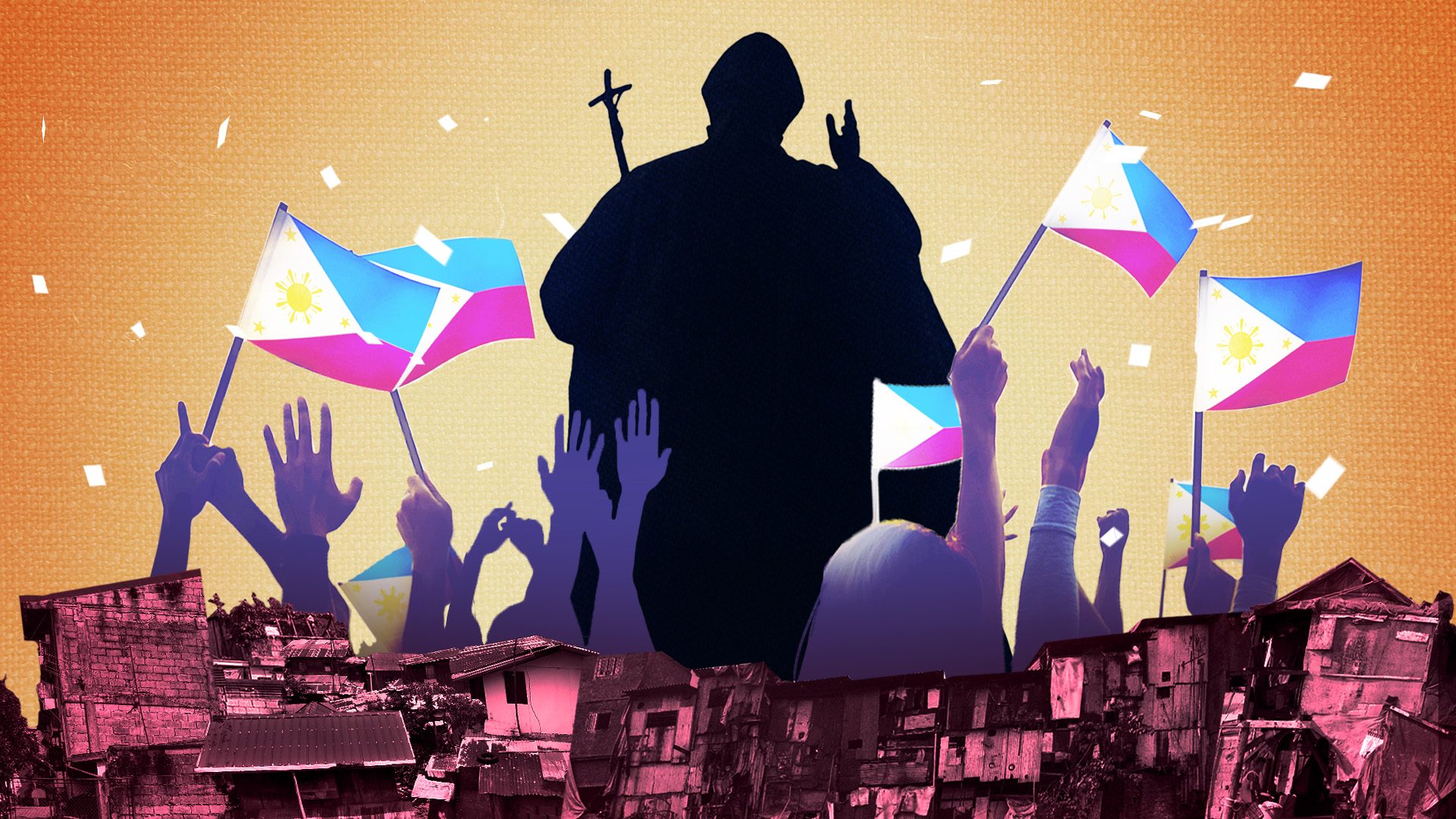Physical Address
304 North Cardinal St.
Dorchester Center, MA 02124
Physical Address
304 North Cardinal St.
Dorchester Center, MA 02124

There’s a profound disconnect between our faith and how we elect public officials
The Philippines, as a predominantly Christian nation, often fails to acknowledge the complex intersection of politics, elections, and religious influence that shapes our society. We stand at a crucial juncture, prompting a deep reflection on our faith, political system, social structures, and overall maturity.
The upcoming national and local elections, with surveys reflecting candidate positions on key issues for seats in the Senate, lower house, and local offices, reveal a deeply entrenched political immaturity — characteristic of an illiberal democracy, and one that starkly contradicts the Christian faith we proudly profess.
This contradiction is illustrated by the prevalence of personality and “budots” politics, where we often elect inept and unqualified candidates based on popularity rather than competence. Political dynasties and nepotism continue to thrive, perpetuating a system where power and privilege are concentrated in the hands of a few families and oligarchs. Ironically, while we often set very high standards in other civic and secular matters, these standards are starkly absent when it comes to selecting our public officials, creating a profound disconnect with the values of our faith and religion.
This compels us Filipinos to confront a fundamental question: How do our political actions, often driven by patronage, personality, and short-term gains, reflect our professed faith, which emphasizes justice, integrity, and the common good? Are we truly living out our values in both the religious and civic spheres, or is there a profound disconnect between our Sunday piety and our Monday-to-Saturday political practices?
This period of reflection offers an opportunity for genuine growth and reform, potentially leading to a more integrated and mature national identity, but only if we are willing to confront uncomfortable truths.
The pervasiveness of poverty, systemic corruption, and deep-seated inequality further complicates this examination, highlighting the urgent need for a more ethical and responsible political culture. The troubling reality is that we often see Church leaders publicly supporting political officials facing credible allegations of corruption and involvement in extrajudicial killings, while many Christian faithful, who profess a pro-life stance, paradoxically and enthusiastically applaud a brutal and deeply flawed “war on drugs.”
While one of our Cardinals, placedunder the global spotlight, has understandably captured significant attention in mainstream and social media, the focus seems to be more on Filipino pride than on the broader spiritual good of the universal Church.
The clamor for a Filipino or Asian Pope highlights a national desire to see its own identity and values elevated at the highest levels of the Catholic Church and in the global sphere. This yearning should therefore serve as a catalyst for critical examination, forcing the country to confront its strengths, weaknesses, and the degree to which its religious devotion aligns with its socio-political realities.
Ultimately, this introspection is particularly vital in the context of the upcoming Philippine national and local elections, where we choose our leaders and set the course of the nation. The simultaneous focus on domestic political choices and the aspirations for a Filipino spiritual leader ascending to global prominence creates a unique moment of national self-awareness.
It compels us to ask ourselves:
Is our pursuit of a Filipino Pope a genuine expression of spiritual aspiration, or does it mask a reluctance to confront a dysfunctional political landscape and a seeming shying away from mature, critical social discourse?
Are we prepared for the global magnifying glass that comes with such a prominent position, a scrutiny that will inevitably dissect the contradictions between our devout Christianity and Catholicism and our often flawed political and social realities?
Could our passionate desire for a Filipino Pope inadvertently expose the painful irony of a nation that publicly professes a strong faith, yet struggles to engage in the kind of critical self-reflection and mature societal debate necessary to heal its political brokenness and highly polarized social fabric?
Is our longing for a Filipino or Asian Pope a genuine spiritual milestone, or are we seeking global validation while simultaneously being unprepared for the inevitable questions about why our Christian dogmas and values haven’t translated into a more just, functional, and critically engaged public discourse?
Our selective application of moral principles and the seeming willingness to compromise core values for political expediency raise serious questions about the maturity and consistency of our faith. – Rappler.com
Tieza Santos is a Europe-based researcher and development professional. She holds a masters degree in political science and a bachelor’s degree in European studies from the Ateneo de Manila University.